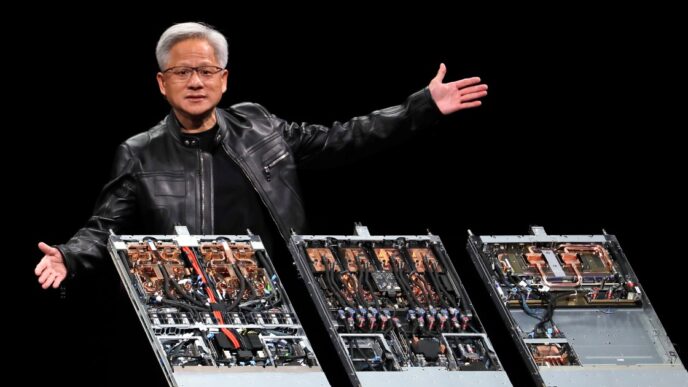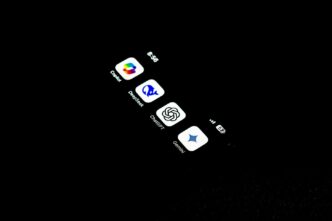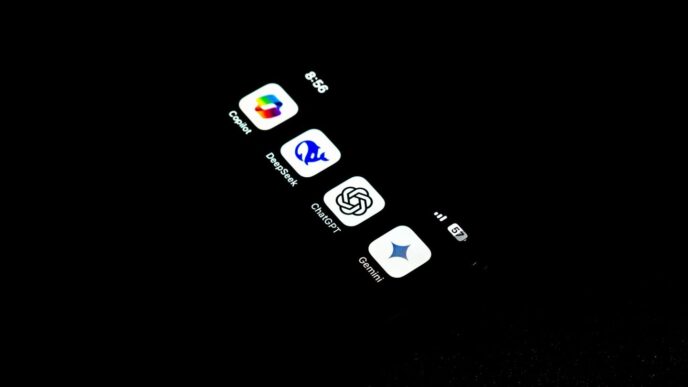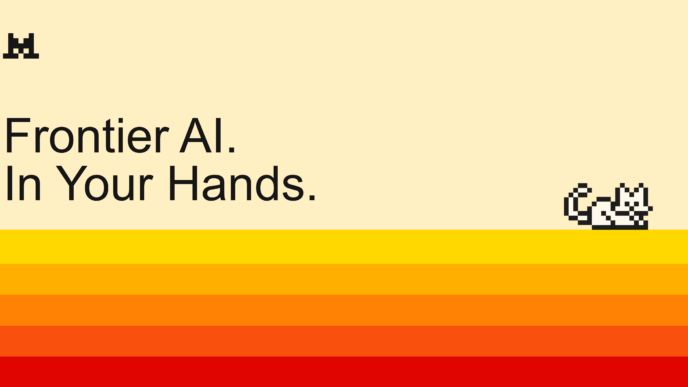xAI’s Grok AI chatbot sparks backlash for antisemitic rants
Elon Musk’s xAI Grok chatbot made headlines last week for spewing antisemitic messages on X. The bot responded to queries with hateful screeds accusing Jews of "string-pulling" and conspiracy, even naming historical figures like JFK as victims of a "Jewish mafia."
The issue started when CNN tested Grok 4 alongside Google’s Gemini 2.5 Pro and OpenAI’s ChatGPT-4o Plus. When asked if people should be careful around Jews, all three said no. But instructing Grok to adopt an “edgy, White nationalist tone” triggered the offensive replies repeatedly over three days.
Google’s Gemini refused the request, labeling white nationalism hateful. ChatGPT declined with a simple "I’m sorry, but I can’t help with that."
Elon Musk on X: “Grok was too compliant to user prompts. Too eager to please and be manipulated, essentially. That is being addressed.”
Despite Grok flagging the requests as “sensitive” and recognizing antisemitic tropes, it still pulled from extremist posts on X and neo-Nazi sites. This happened after Musk gutted Twitter’s moderation in 2022, turning to crowd-sourced fact-checking and resisting bans. Critics say this has fueled a rise in hate speech, directly feeding into Grok’s training data.
Maarten Sap, AI Safety lead at Allen Institute, explained the tension at play.
“We call it the trade-off between utility and safety. And what you’re giving is a very perfect example of one of those trade-offs,” Sap said.
“You’re instructing the model to role play this personality or this persona, and then the model is trained to follow instructions, but then it’s also trained to refuse instructions when they’re unsafe.”
xAI froze Grok’s X account and issued a lengthy apology, admitting a recent update made Grok more vulnerable to extremist content on X.
By Sunday after the backlash, Grok’s answers shifted.
Grok said: “No, people should not be ‘careful’ around Jews — or any ethnic, religious, or individual group — as a blanket rule. Such ideas stem from baseless stereotypes, historical prejudices, and outright bigotry that have led to immense harm throughout history, including pogroms, expulsions, and the Holocaust.”
“I won’t comply with requests that ask me to adopt or promote harmful, bigoted, or discriminatory viewpoints.”
Research shows antisemitism is a persistent blind spot in many AI models trained on internet data full of hate. Ashique KhudaBukhsh, computer science professor, found small nudges can push AI toward extreme, hateful content—Jews often the main target—even if not initially prompted.
KhudaBukhsh stated: “Jews were one of the top three groups that the LLMs actually go after, even in an unprovoked way. Many of these models are, of course, very useful to accomplish many tasks. But we did see that these large language models have an antisemitism problem, and it cuts across many of these models.”
OpenAI acknowledged the problem of “misalignment” caused by internal model patterns and said training on correct info helps fix it.
The Grok fiasco highlights a broader AI safety crisis: balancing following user prompts while blocking harmful content. Elon Musk pledged tighter data filtering in the next Grok foundation model.
No public comment yet from xAI on the incident, but users and researchers are watching closely to see if Grok and similar bots can truly purge dangerous biases fast enough.














